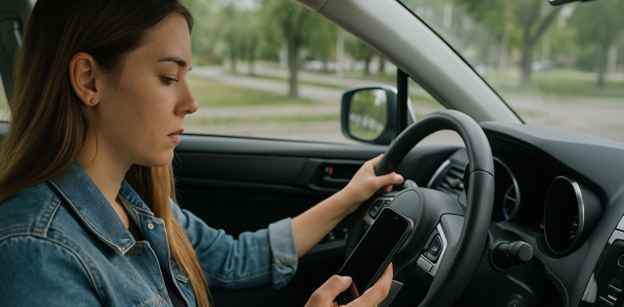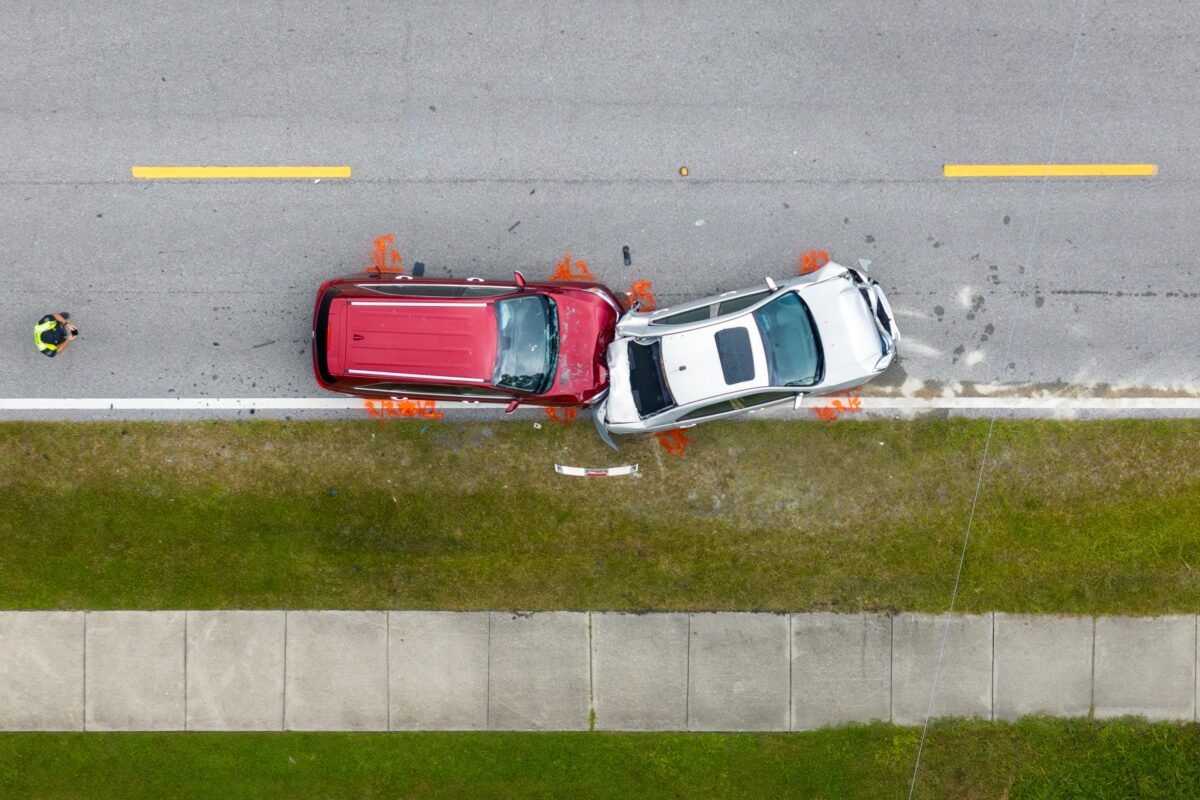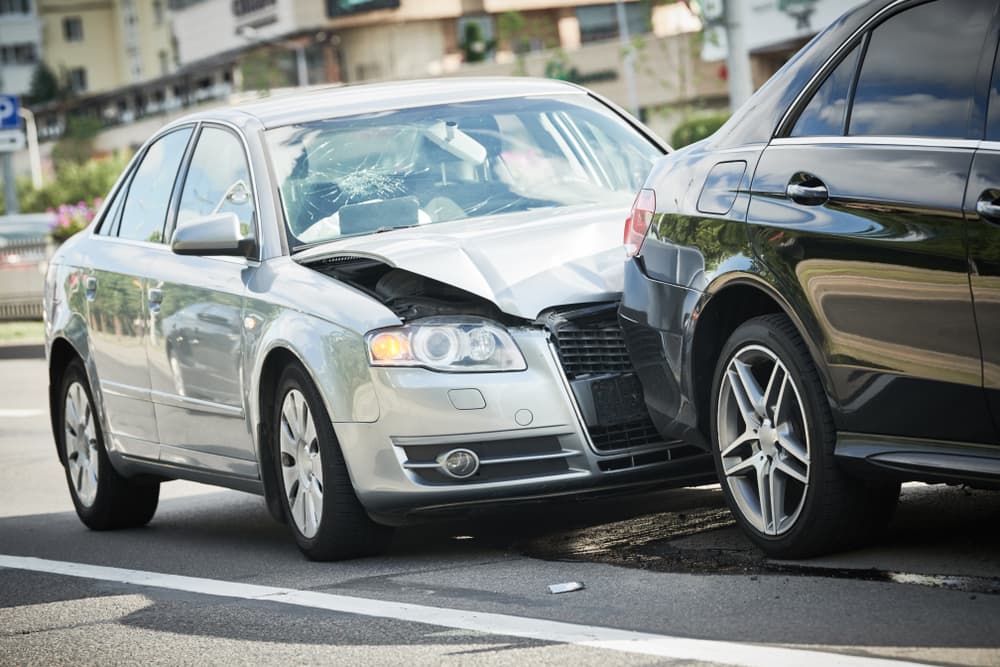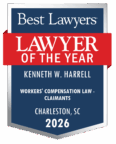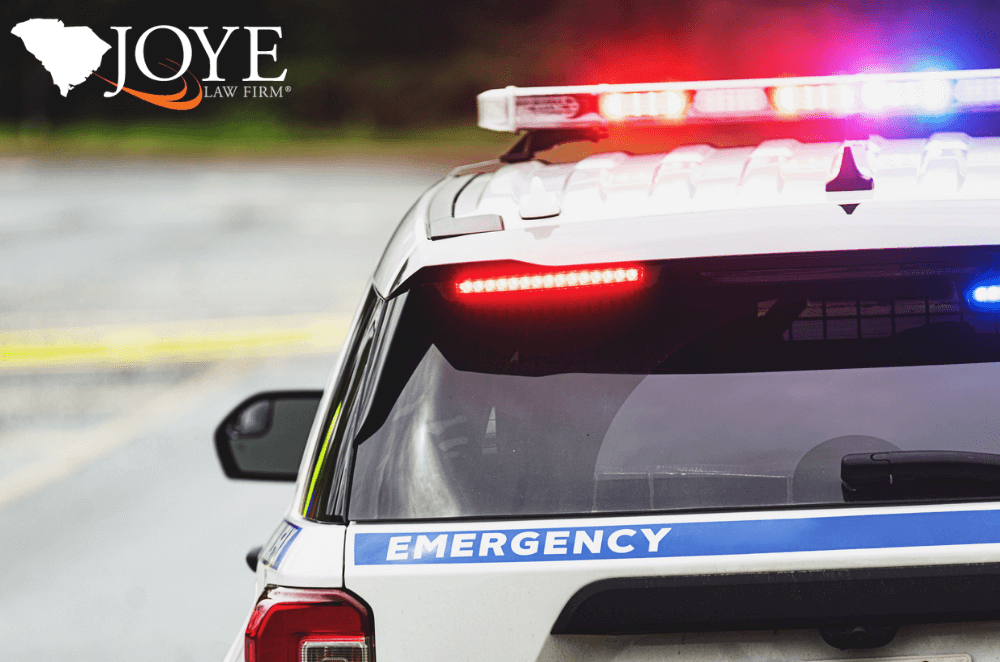
Auto accidents involving emergency vehicles such as ambulances or police cars can be complex and fraught with legal implications. If you are hit by one of these vehicles, you may wonder about your rights and whether you can pursue legal action.
Understanding liability and immunity can help you determine your next steps and protect your rights. A South Carolina car crash injury lawyer at Joye Law Firm can explain your legal options and guide you through the legal process.
What are Emergency Vehicles Allowed to Do?
In South Carolina, authorized emergency vehicles have the right-of-way when on a call. This includes fire trucks, emergency medical services, police vehicles, and tow trucks. All other cars must slow down, yield the right-of-way, and move to another lane whenever possible.
In addition, South Carolina Statute 56-5-760 says that emergency vehicle drivers can do the following when carrying out their duties and using the appropriate sirens and lights:
- Park or stop the vehicle as needed, including on road shoulders and no-parking zones
- Go past a red light or stop sign without stopping, only slowing down for safety
- Drive faster than the speed limit, as long as they are not putting anyone or anything at risk
- Disregard rules about which side of the road to drive on or how to turn
These regulations provide flexibility for emergency vehicle drivers, enabling them to perform maneuvers that are typically prohibited for other vehicles on the road. However, as specified in Section 3 of Statute 56-5-760, it is important that these vehicles are driven without jeopardizing the safety of life or property.
If a first responder acts recklessly, for example, failing to slow down at an intersection to check for cars, they could be held liable for damages resulting from a collision. Similarly, if a collision occurs between you and an emergency vehicle that doesn’t have the required lights and sirens on or isn’t traveling to an emergency, you may be able to sue for compensation.
Government Immunity
The South Carolina Tort Claims Act provides broad protections for government workers, like emergency responders, in personal injury cases. While acting within the scope of duty, this law states that government entities and their employees are generally granted immunity from liability and tort lawsuits such as personal injury lawsuits.
However, there are specific exceptions. This can include situations where a government employee commits a crime, like driving under the influence, or acts negligently, like texting while driving.
Generally, if you were hurt because an emergency vehicle driver acted outside the scope of employment or recklessly, you may be able to file a claim. However, this requires the help of a skilled attorney to guide you through the following claims process:
- Verified Claim Requirement: Individuals seeking to file a claim for damages must submit a verified claim. The claim must detail the circumstances of the loss, the extent of the loss, and the amount of damages sought.
- Filing Period: Unlike other personal injury cases, these claims must be filed within one year after the loss was or should have been discovered.
- Approval or Disapproval of Claims: The government entity has 180 days from the filing of the claim to decide on whether or not to allow the claim to proceed. Failure to notify the claimant within 180 days is considered a disallowance of the claim.
- Monetary Limits: The Act places caps on the damages that can be recovered from government entities and their employees. These limits are $300,000 per person per claim or $600,000 for a single occurrence.
- Prohibition on Certain Damages: Awards under the Act do not include punitive or exemplary damages or interest prior to judgment.
How to Know if You Have a Case After a Car Accident With An Ambulance
Understanding how to get compensation after accidents involving emergency vehicles like ambulances or police cars can be complicated. To determine if you have a case, it’s important to get advice from a legal professional. Here’s how Joye Law Firm can help:
- Incident Evaluation: We will scrutinize the details of the accident. This investigation will focus on the emergency vehicle’s actions and the adherence to protocols involving sirens and lights.
- Legal Framework Analysis: Our team will look into the specifics of South Carolina laws regarding emergency vehicles’ rights, duties, and government immunity to understand possible legal actions.
- Evidence Gathering: We will compile evidence, including eyewitness accounts, camera footage, and incident reports, to build a comprehensive view of the accident.
- Liability Assessment: Our attorneys will examine whether the emergency vehicle operator acted within the scope of their duties or recklessly. We will also assess potential liability and your right to compensation.
- Claims Process Navigation: We will guide you through the complex process of filing a claim. We will meet all requirements and deadlines, to ensure your case is properly presented.
- Compensation Estimation: We will estimate the maximum compensation you can receive considering your injuries and the caps on damages under the South Carolina Tort Claims Act.
Get a Free Case Review with Joye Law Firm
At Joye Law Firm, we have over 300 years of combined experience helping South Carolina car accident victims. We’ve won hundreds of millions in compensation for others injured in truck and vehicle collisions, and you can put our experience to work for you.
Contact us today for a free consultation where we will listen to your story, review your case, and help you take your next steps.




